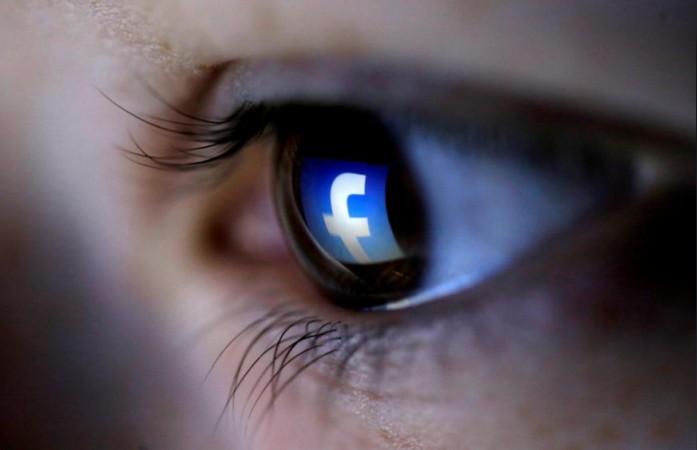
Social network giant Facebook, Inc. is moving by leaps and bounds in its AI endeavors, and at the center of its most recent progress is an image-correcting tool that, well, fixes your blinking selfies.
Facebook Research published this week its successful study on a so-called general adversarial network (GAN), a tool that uses an artificial intelligence designed to replace blinking eyes on photos.
Facebook Blinking Selfie Tool: How it works
In Facebook Research's methodology, the process of replacing the closed eyes with open ones is highly dependent on a deep neural network which will supplant the missing data, using the context of the area around the closed eyes. This is the handiwork of GAN, a similar technology used in deep fake videos where a person's face is swapped to another person's body, a common method used in faking pornographic videos of celebrities.
GAN uses the data points on other images of the same person as a reference to fill the data needed. It will also use identifying marks to help in generating substitute data.
Afterwards, a process called in-painting will commence in order to come up with the necessary data to be used for the eyelids with actual eyes. This is where the hard work comes into play as it will need more than one image of the same person to use as a reference.
Here are sample photos from the said research:


At What Cost
Based on the results Facebook had published, it looks like this AI tool will go far into development. There are flaws and it's totally understandable at this stage.
The question now is how will it benefit the users in the grand scheme of things. For a tool that fixes blinking eyes of users in photos, critics seem dubious of its implications and the gravity of the ramifications. Nevertheless, the tool is a mere research success at this point and there's no guarantee what Facebook's plans are for it moving forward.
Access Facebook's full paper here.











